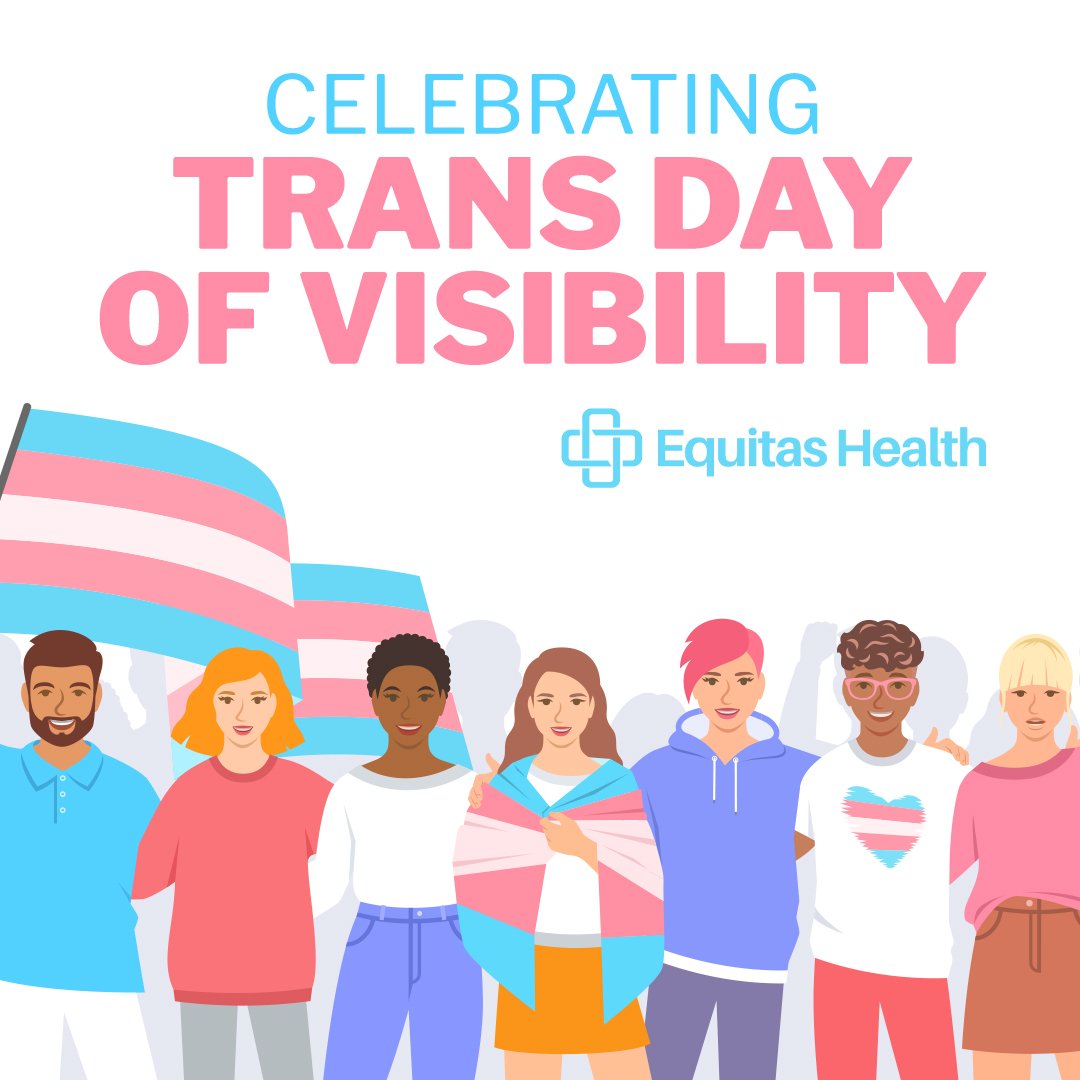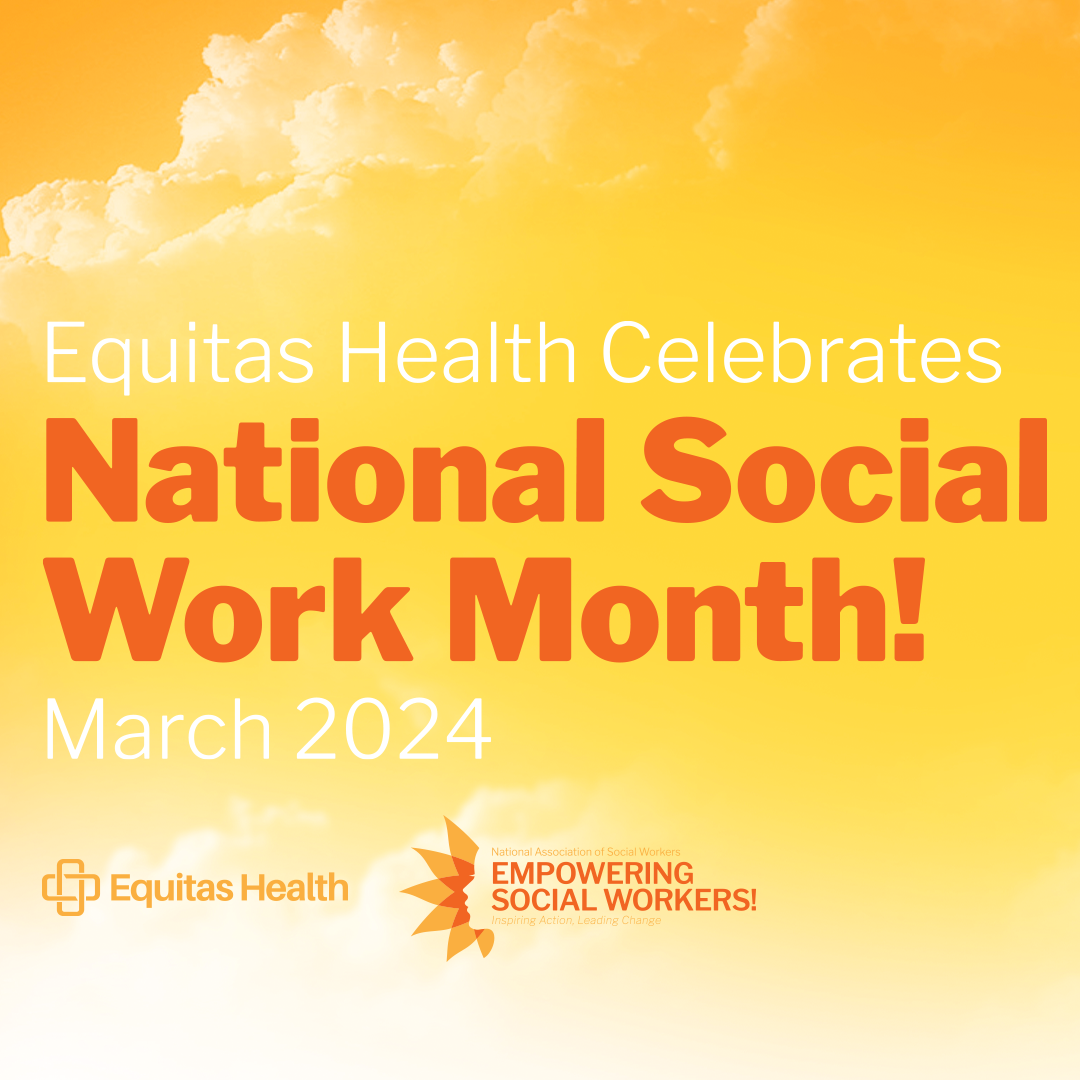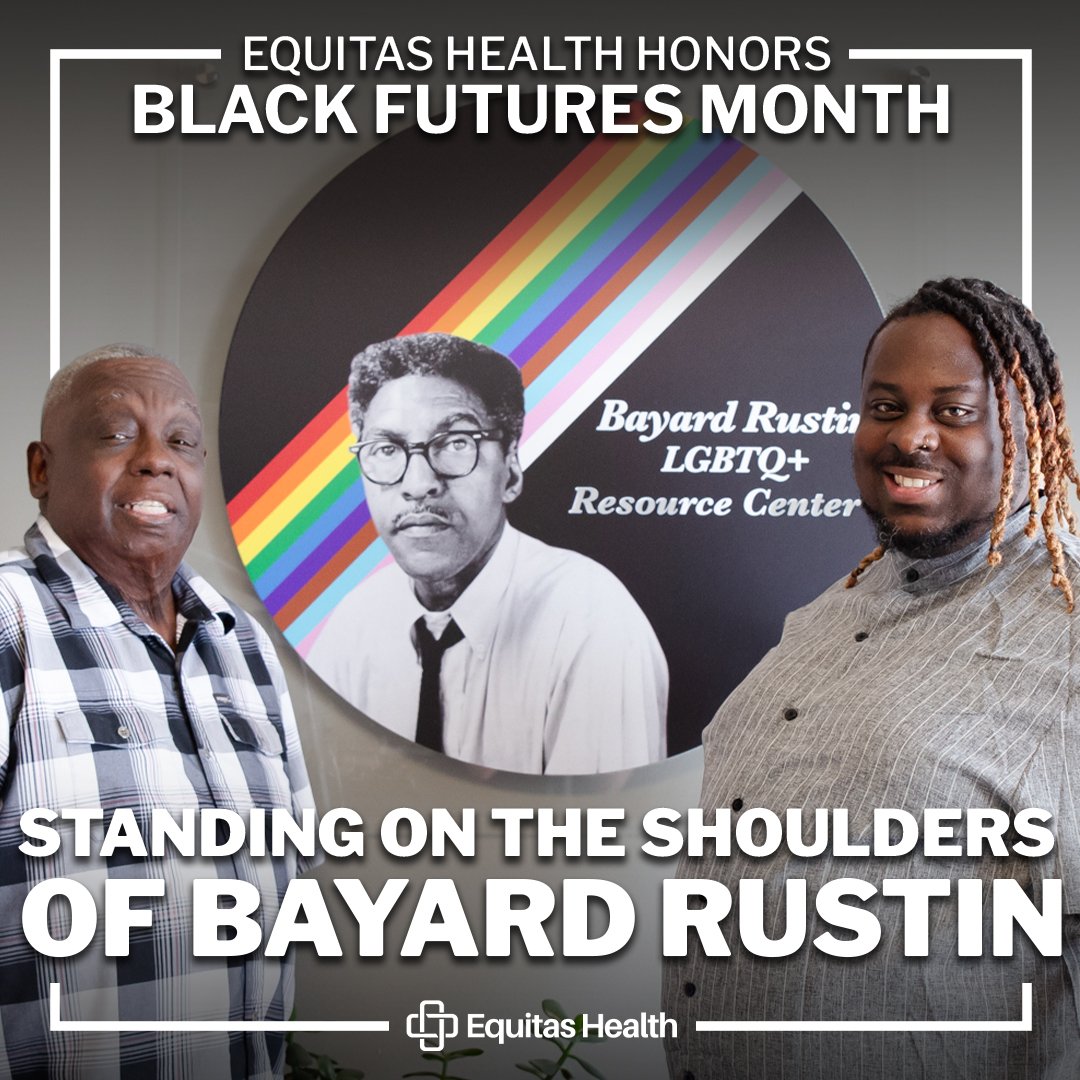Blog 2/28/23
HIV Prevention and treatment choices have improved dramatically in recent years. Meds – like pre-exposure prophylaxis (PrEP) and post-exposure prophylaxis (PEP) – are very good at stopping HIV. Ohioans can visit OHIV.org to learn more about PrEP and PEP. They can also get help finding doctors and nurses who prescribe PrEP and PEP and apply for programs that pay for PrEP.
Also, people living with HIV (PLWH) who are on HIV meds can get and keep an undetectable viral load. This means the amount of HIV in their blood is so small that it will not show up on an HIV test. PLWH who have an undetectable viral load cannot pass HIV to their sexual partners.
Still, 39 out of 50 states in America have laws that criminalize HIV status. In Ohio, there are six laws that prosecutors have used to discriminate against PLWH. These laws range from ‘solicitation’ to ‘loitering’ and more. Activists have been fighting these outdated laws for decades. The Ohio Health Modernization Movement (OHMM), which is led by a majority of PLWH, is one of the groups leading that fight in Ohio.
Kim Welter (She/Her) of Equality Ohio and Randle Moore (He/Him) of Equitas Health sat down to talk about OHMM and the work to decriminalize HIV status in Ohio.
Kim Welter (KW): Hello, my name is Kim Welter. I am the facilitator of the Ohio Health Modernization Movement (OHMM). OHMM is a a group, including Equitas Health, working to change the criminal code in Ohio around HIV. In Ohio, there are six criminal felony statutes that apply only to people who know that they are living with HIV. Prosecutors use these statutes to turn charges that would normally be misdemeanors into felonies, so we call these statutes “up-charges.”
Randle, would you introduce yourself and talk about what draws you to work in HIV care and activism?
Randle Moore (RM): Hello Kim! My name is Randle Moore-Frost. I am the community relations manager in the Department of External Affairs at Equitas Health. What draws me to this work is the chance to use my own lived-experiences to shape and form access to care for people living with HIV (PLWH). Having been a long-time survivor as a PLWH, I feel a strong sense of duty to work for and serve this community.
KW: From your point of view, why do we need to change these criminal codes?
RM: Working to change these criminal codes is important on many levels. First, our laws should reflect and support the decades of science and technology that have contributed to the fight to end the HIV epidemic. Also, modernizing these criminal codes will do a lot to lower HIV stigma. Lastly, it’s simply the right thing for our government officials to do.
KW: If you were talking to a decision-maker in Ohio, what is the number one thing you would want them to understand about criminalizing HIV?
RM: I’d want them to understand that decision-making comes with great power and responsibility. And with that responsibility, they have an obligation to make the right decisions. This means framing laws that are fair and just for all people, including PLWH.
KW: What role do you feel stigma around HIV plays in the lives of PLWH? How do these laws impact that stigma?
RM: Unfortunately, stigma has played a huge part in access to care for generations. This is in all areas of care, not just HIV care. Healthcare systems have historically and systemically provided people of color, LGBTQ+ people, and others horribly unfair treatment. HIV criminalization laws are especially harmful and stigmatizing to PLWH and people in higher risk populations. They send a message that actively discourages people from wanting to be tested. Making sure that people know their status and can get care is key to ending HIV once and for all.
KW: We often hear today about the role of mental health in law enforcement. What do you think the role of mental health is in the criminalization of HIV?
RM: Interactions with law enforcement (on any level) are traumatizing to the mental health of PLWH. Simply acknowledging that these criminalization laws are outdated would likely reduce some of the negative mental health outcomes that healthcare providers address daily. PLWH already face many barriers to care. Removing the threat of imprisonment due to their poz status could help create better mental health outcomes for PLWH.
KW: Randle, thank you for talking with me today. I hope that people out there really take to heart what you have shared. Like you, I believe that breaking down stigma and barriers to care will help get more people tested, treated, and thriving in care. To echo one of my OHMM colleagues, we can either incarcerate people living with HIV or end the epidemic, but we can’t do both.
Still have questions about the Ohio Health Modernization Movement (OHMM)? Visit ohmodernizenow.org.
Still have questions about HIV testing & prevention options? Visit ohiv.org.
Still have questions about HIV care? Visit equitashealth.com.

Blog 10/16/24

Blog 7/29/24
Equitas Health, Ohio’s largest LGBTQ+ and HIV-serving healthcare organization, has announced new officers on the Board of Trustees. Susan McManus (she/her), vice president of business solutions marketing at Nationwide, will serve as Board chair for a one-year term through July 2025.

Blog 3/29/24
Equitas Health is pleased to announce that a collective bargaining agreement has been reached with Equitas Health Workers United Local #6609. Members of the bargaining unit voted this week, and the result was resounding support for ratification of the agreement.

Blog 3/25/24

Blog 3/1/24

Blog 2/27/24

Blog 10/16/24

Public Statement 9/21/24
Our focus remains on integrating our programs to better serve historically neglected communities, always with an understanding of the unique and intersectional needs of the diverse LGBTQ+ population.

Public Statement 8/26/24
Johnson & Johnson, one of the world’s largest drugmakers, announced last Friday that it will discontinue upfront 340B pricing on two medications for disproportionate share hospital (DSH) covered entities. The move is part of a sustained campaign by large drug manufacturers to undermine the federal 340B Drug Pricing Program for participating hospitals and covered entities such as Equitas Health.